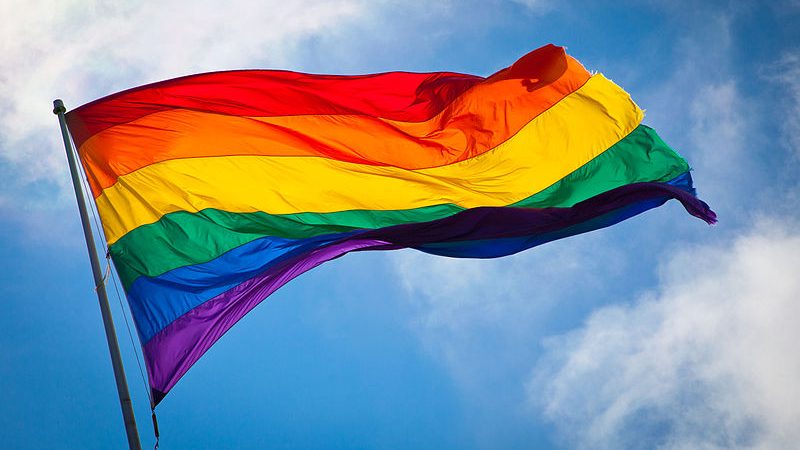SCOTUS Marriage Equality Decision
What does the way forward look like legally for LGBT Michiganders after SCOTUS marriage equality decision?

Stephen Henderson talks with Jay Kaplan, ACLU of Michigan Project Staff Attorney for LGBT issues, about the legal implications of SCOTUS’s same-sex marriage decision, as well as how the legal landscape in Michigan affects LGBTQ Michiganders.
- Broad decision: Stephen says he was not surprised by the Supreme Court’s decision in favor of same-sex marriage, but he was surprised at the breadth of the decision. Kaplan agrees. He says that the court addressed marriage equality as an issue of liberty, due process, and civil rights. He says the court used soaring language and addressed marriage as a fundamental right.
- Backlash: Stephen says that the attorney general of Texas has said he will allow clerks to deny same-sex couple marriage licenses on the basis of religious belief. Kaplan says that two Michigan legislators are attempting to pass legislation that requires a clergy member’s approval to obtain a marriage license. He says that it is clear in the Texas case that the attorney general’s plan would raise constitutional issues, and would be a violation of the separation of church and state.
- Religious freedoms: Stephen asks how the ACLU decides when to side with religious rights and when to oppose claims of religious freedoms. Kaplan says that this is a simple question. He says one always has a right to religious belief, but not to use that belief to discriminate in violation of laws. He says that this is the problem with Michigan’s new religious freedom adoption law.
- Remaining issues: Kaplan says that Michigan must amend state legislation to protect LGBT citizens from discrimination in housing and employment. He says Michigan has some of the worst legislation for transgender people. Michigan requires transgender people to undergo surgery to change their legal gender, which is expensive and often not covered by health insurance. He says incorrect ID can be dangerous because people can be involuntarily outed and face discrimination.
- Route Forward: Stephen asks if Kaplan thinks that the Supreme Court will begin to address sexual orientation as a matter of discrimination that requires medium scrutiny. Kaplan says that he hopes so, but does not believe that the court will take a leading role, as it has not before. He says that the courts have always played an important role in civil rights and that civil rights should not be subject to a tyranny of the majority. He also points out that some states have used ballot initiatives and other non-judicial routes to legalize same-sex marriage.
Click the audio link above to hear the full conversation.
